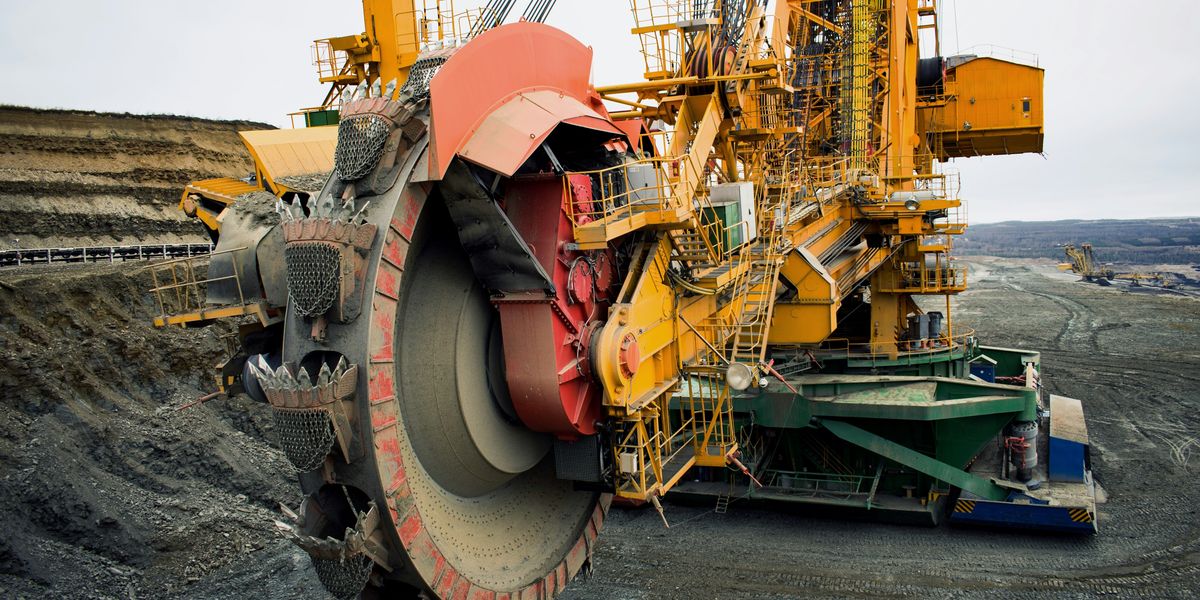bad river band
The Bad River Tribe continues its fight to remove Line 5 pipeline from their land
A long-standing legal dispute between the Bad River Band of Lake Superior Chippewa and Enbridge over the Line 5 oil pipeline threatens the tribe's wetlands and water supply.
In short:
- The 71-year-old Line 5 oil pipeline crosses the Bad River Band's reservation, and the tribe is fighting in court to have it removed.
- Enbridge has proposed rerouting the pipeline to avoid the reservation, but the tribe remains concerned about environmental impacts from the new route.
- The tribe fears an oil spill could devastate critical wetlands and wild rice beds, vital to their food and culture.
Key quote:
“I think it is remarkable that you could have a pipeline with easements that expired more than a decade ago, that a landowner has sued to have removed and that a federal court has determined is in trespass, yet is allowed to remain in operation.”
— Phil McKenna, reporter.
Why this matters:
An oil spill from Line 5 could severely damage the fragile wetlands and ecosystem that the tribe depends on for sustenance and cultural traditions. The court's decision will shape the future of these vital resources.
Justice Department supports Wisconsin tribe in pipeline dispute
In a recent legal development, the Justice Department has sided with a Wisconsin tribe's claim against a Canadian energy company over land rights, sparking controversy.
In short:
- The DOJ supported the Bad River Band's claim that Enbridge has trespassed on tribal land by operating the Line 5 pipeline, suggesting a higher compensation than the court-ordered $5.15 million.
- Despite DOJ's support, the request for immediate cessation of the pipeline's operation was not granted, raising concerns among tribal leaders.
- The broader implications involve international treaties and ongoing diplomatic tensions between the U.S. and Canada over pipeline operations.
Key quote:
“We are grateful the U.S. urged the court not to let Enbridge profit from its unlawful trespass.”
— Robert Blanchard, chairman of the Bad River Band of the Lake Superior Chippewa Indians
Why this matters:
Enbridge maintains that its projects are crucial for economic development and energy security, emphasizing its commitment to safety and environmental stewardship. The company also points to regulatory approvals and its efforts to consult with tribal communities as evidence of its attempt to balance these interests.
Tribal leaders and advocates argue that consultations are often inadequate and do not equate to obtaining free, prior, and informed consent—a standard set forth in the United Nations Declaration on the Rights of Indigenous Peoples.














